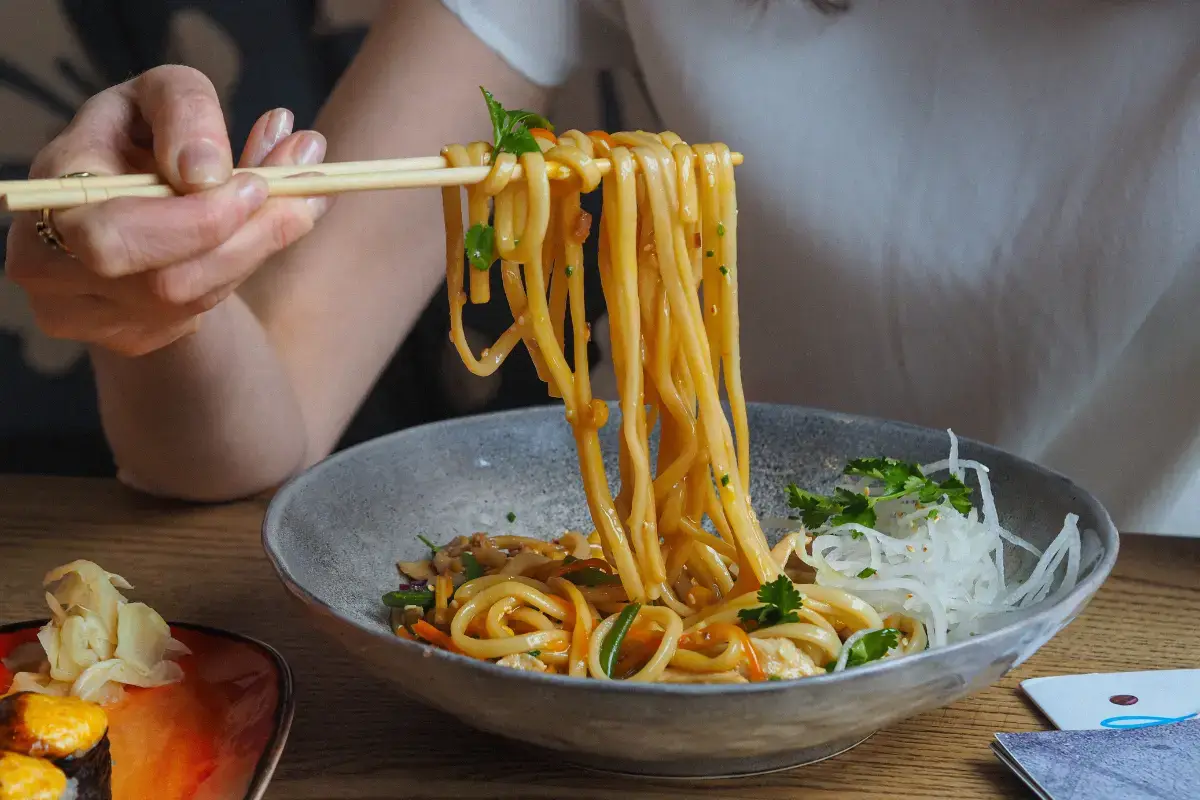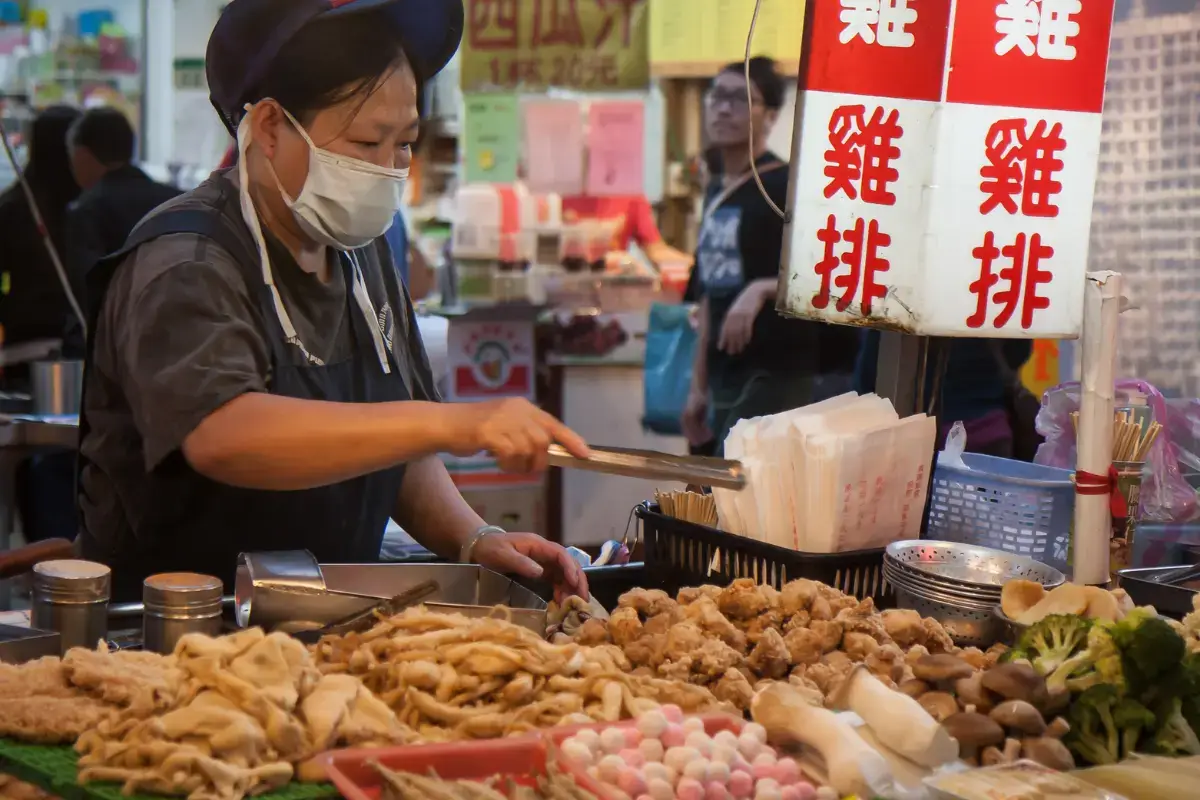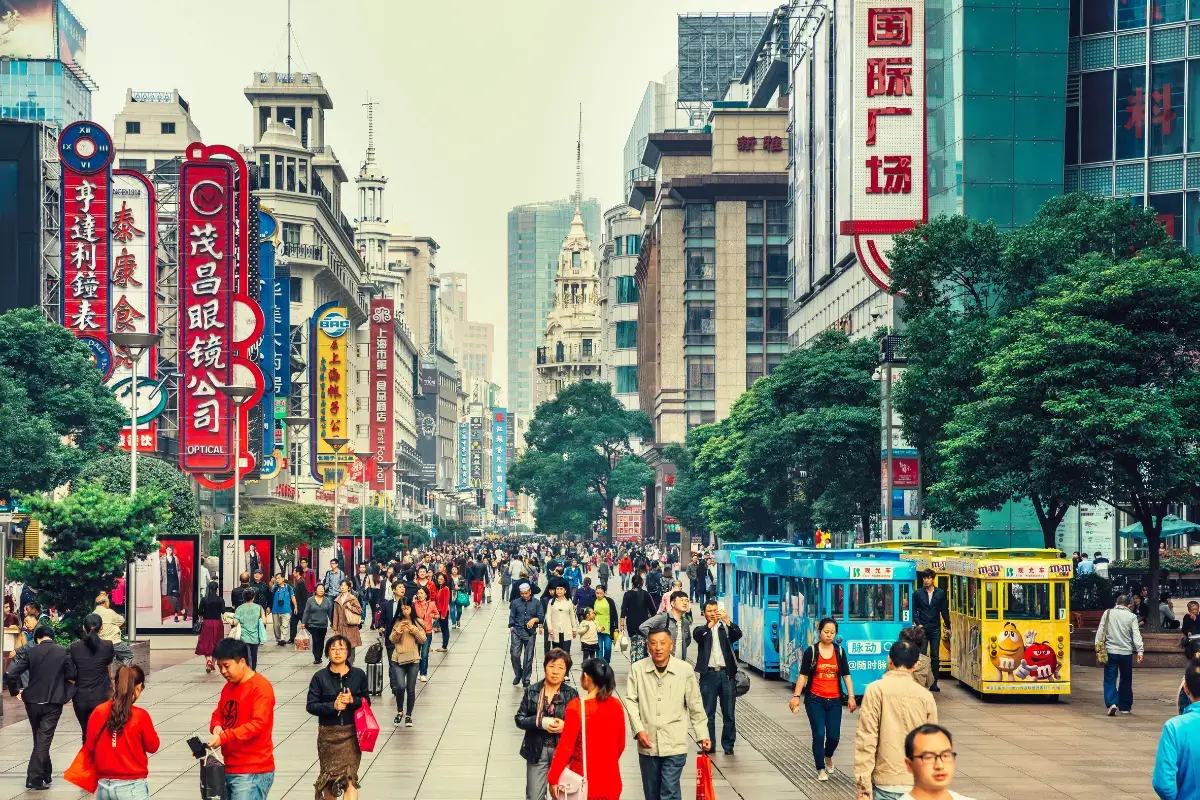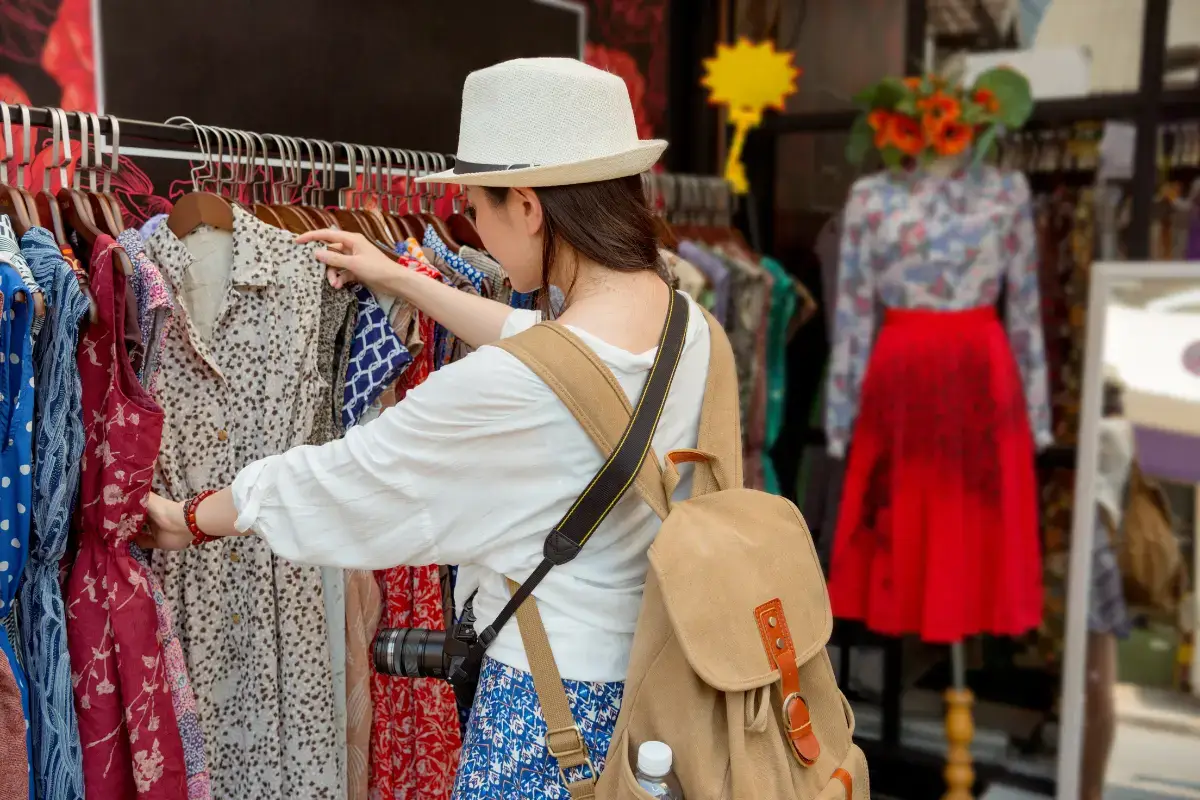The Do’s and Don’ts When Visiting China
Visiting China offers travelers a rich and unique cultural experience, blending social dynamics and communication challenges with delicious street food and the distinctive lifestyles of various minorities. Explore modern metropolises like Shanghai and Beijing, where tradition and contemporary life coexist. While immersing yourself in this vibrant culture, it's important to keep some key Do’s and Don’ts in mind to enhance your experience and show respect for local customs.
Do’s
Learn a Little Mandarin
Having a basic understanding of Mandarin, the local language spoken in China can be helpful. Many signs, menus, and local conversations may be in Mandarin, especially outside major tourist areas. Learning a few key phrases can enhance your experience and help you navigate daily interactions more smoothly. Here are a few basic phrases:
- Hello: Nǐhǎo (Nee how)
- Good morning: Zǎo (Zhow)
- Goodnight: Wǎn ān (One-un)
- Thank you: Xièxiè (Shieh-shieh)
- You're welcome: Bù kèqì (Boo kuh-chi)
- Goodbye: Zàijiàn (Zhai-jian)
Practice Using Chopsticks

It’s a good idea to learn how to use chopsticks when visiting China, as many local restaurants primarily use them instead of Western cutlery. While some tourist-oriented places may offer forks and spoons, you’ll find that using chopsticks is the norm and can enhance your dining experience. Practicing a bit before your trip can help you feel more comfortable and engaged with the local culture.
Avoid Tipping
Tipping in China is often considered rude, as many locals may not know how to respond or might feel uncomfortable accepting it. Some may find it offensive, interpreting it as a suggestion that they need money or don’t earn enough. In Chinese culture, good service is viewed as part of the job, so tipping can imply that the service was inadequate. Additionally, many restaurants and hotels already include a service charge in the bill, making tipping unnecessary.
Try Street Food

Trying street food in China can be a fantastic experience! Street food vendors can be found all over the city and is pretty much a way of life. You can sample authentic local flavors at affordable prices. You'll find a wide variety of delicious options, from dumplings and baozi to skewered meats and pancakes. Just be sure to choose vendors that look busy and have a high turnover of food to ensure freshness. Here are a few must-try dishes:
- Jiaozi: Chinese dumplings
- Huo Guo: Hotpot
- Baozi: bao bun
- See yao gai: Soy sauce chicken
- Rou jia mo: Chinese hamburger
Experience China’s Nightlife
You’ll find a mix of trendy bars, nightclubs, and lounges in China’s bigger cities like Shanghai, Beijing, and Chengdu. Enjoy stunning city views by visiting rooftop bars, especially in cities like Shanghai, where the skyline is breathtaking. Check for live music, DJ performances, or themed nights at bars and clubs, which can enhance your experience. Many bars offer a selection of board games for visitors to enjoy while sipping drinks. Popular games include Mahjong and card games.
Don’ts
Don’t Drink Tap Water
It's not advisable to drink tap water in China. While the water may be treated, it often doesn't meet the safety standards for drinking due to potential contamination. Opt for bottled water. In hotels and restaurants, you can usually request boiled water, which is safe to drink. Always check local advisories or ask locals for the best practices in the area you’re visiting.
Don’t Be Surprised by the Frequent Pushing and Shoving You Might Experience

Personal space norms can differ significantly in China in comparison to other western countries. Cities like Beijing and Shanghai have massive populations, resulting in densely packed public spaces, especially during peak hours. This crowding can lead to a more chaotic atmosphere where people jostle for space. In busy environments, it's common for people to be less mindful of personal space. While queueing exists, it's not always strictly adhered to, especially in busy markets or public transport areas.
Don’t Avoid Table Manners
Table manners hold significant cultural importance in China. Meals are often served family-style, with shared dishes. Knowing how to serve food and pass dishes correctly is essential.
Don’t stick chopsticks upright: Placing chopsticks upright in rice resembles funeral customs and is considered disrespectful. Don’t use chopsticks to point at people or dishes.
Don’t finish all your food: Eating everything on your plate can imply that your host didn’t provide enough food. Leaving a small amount shows appreciation for the meal.
Don’t refuse food: If offered food or drink, it’s polite to accept, even if you don’t want much.
Don't Avoid Haggling in Markets

Haggling is common in Chinese street markets. To negotiate effectively, start with a low offer, maintain a polite and friendly demeanor, and show interest in walking away to encourage better prices. Familiarize yourself with typical item prices, use cash for more flexibility, and consider using basic Mandarin phrases to enhance the experience. Keep the process fun and light-hearted!
Don't Be Surprised by the Toilets
Many public restrooms, especially in rural areas, feature squat toilets. These consist of a hole in the ground with foot pads on either side. The cleanliness of public toilets can vary. Western-style toilets are more common in urban settings and hotels. Familiarize yourself with the term for restroom (洗手间, xǐ shǒu jiān) to help navigate facilities.
We are sure these Do's and Don’ts will help ensure a more enjoyable experience in China. If you're planning a visit to this beautiful country, don’t forget to check out our Asia Tours Packages! If China is not on your radar, consider checking out these alternative destinations to make the most of your well-deserved break with our National Day Tours Packages.